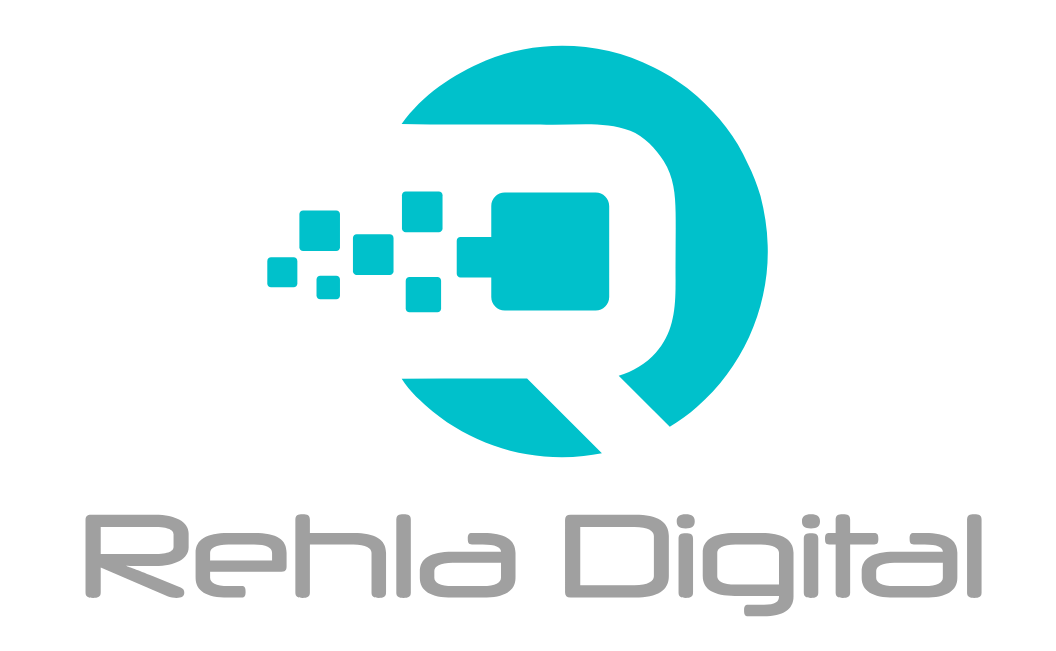Hikmah – An AI System for Student Understanding & Early Intervention
Hikmah by Rehla Digital: AI-Powered Student Development and Intervention Framework
🎯 What Is Hikmah?
Hikmah is a modular AI system developed by Rehla Digital to analyze, understand, and support student growth across multiple developmental dimensions — cognitive, emotional, behavioral, and academic.
Unlike traditional EdTech platforms that focus on content delivery or exam prep, Hikmah is designed to:
- Understand a student’s full profile, not just academic performance
- Detect learning delays, emotional issues, or cognitive gaps
- Offer corrective strategies through an AI-generated student roadmap
- Empower parents and educators with structured, actionable insights
🧠 Why It Matters
Core educational challenges addressed by Hikmah:
- Lack of personalized observation: Most students are evaluated only by grades and attendance. Behavioral or emotional red flags often go unnoticed.
- No early detection systems: Learning disabilities, trauma, or career misalignment are often detected late.
- Limited parental involvement tools: Parents lack real-time visibility and clear guidance on supporting their child.
- Educator overload: Teachers with 30–50 students per class can’t feasibly monitor each student holistically.
🧩 Key Modules of the Hikmah Framework
1. Childhood Understanding Engine
- Detects:
- Cognitive delays
- Learning disabilities (e.g., dyslexia, ADHD)
- Speech or motor skill lag
- Emotional red flags (e.g., anxiety, trauma response)
- Input Sources:
- Observational data
- Written responses, art, behavior logs
- Optional structured assessments
2. Multi-Level Intelligence Mapping
Each student is mapped according to a development model tailored to their stage:
| Age Group | Areas of Focus |
|---|---|
| 4–10 yrs (K–G5) | Language development, motor coordination, curiosity, emotional security |
| 11–15 yrs (G6–10) | Social dynamics, stress regulation, identity formation, group behavior |
| 16–22 yrs (G11–UG) | Career awareness, decision-making ability, mental health monitoring |
| 23+ yrs (PG and professionals) | Specialization clarity, ambition vs reality alignment, burnout tracking |
All profiles are updated dynamically based on new behavior and activity inputs.
3. Predictive Success Mapping
- Combines:
- Academic performance trends
- Emotional and behavioral patterns
- Participation and attention data
- Identifies:
- Risk of academic decline
- Social isolation markers
- Stress threshold levels
- Career misalignment signals
The AI model assigns a “trajectory score” to highlight areas needing attention and development.
4. Live Corrective Roadmaps
- Generated per student, refreshed weekly or monthly
- Includes:
- Suggested learning formats (e.g., group, individual, kinesthetic)
- Mental wellness tasks (e.g., journaling, breathing, social challenges)
- Career skill nudges (e.g., public speaking, research task, micro-internship ideas)
- Parent involvement steps (conversation starters, feedback requests)
- Role-Based Access:
- Teachers see classroom-specific insights
- Parents see home-based suggestions
- Students see a simplified progress dashboard
5. Parent and Educator Dashboards
- Dashboards are multilingual and role-specific
- Parents receive simple summaries:
- “Your child may benefit from X this week”
- Suggested daily/weekly support tasks
- Teachers access filtered views showing:
- Students who need emotional support
- Students showing focus or participation drops
This reduces guesswork and improves support coordination.
🔧 Technology Overview
| Component | Tech Used |
|---|---|
| Data intake | Structured forms, observational input, optional integrations (CSV/API) |
| Processing layer | Rule-based filters + behavior-driven ML models |
| Language understanding | NLP for analyzing writing samples, emotion in text |
| Deployment model | Cloud-native, low bandwidth design for semi-urban or rural areas |
| Security | Role-based access, encrypted records, no third-party data sharing |
📌 Use Case Examples
Example 1: A Grade 7 student with stable academics starts showing emotional withdrawal and reduced participation.
Hikmah detects the change from teacher notes and assignment tone, flags the trend, and recommends a wellness check and peer-group integration strategy.
Example 2: A Grade 12 student is highly academic but shows no interest in the field chosen by parents.
Hikmah analyzes goal-setting patterns and journaling content and suggests a career counseling module aligned with personal motivation.
Example 3: A parent logs recurring complaints about homework refusal.
Hikmah correlates this with attention issues flagged by teachers and suggests a short neuro-assessment checklist to rule out ADHD patterns.
📈 Scalability Factors
- Works without requiring full LMS integration
- Can operate using teacher notes, simple student forms, and observational inputs
- Lightweight interface that works on low-end Android devices
- Modular: Institutions can use only what they need — e.g., just parent dashboards or career alignment features
✅ What Hikmah Is Not
- Not a tutoring or coaching app
- Not a mark prediction tool
- Not a surveillance or scoring system
- Not a replacement for mental health professionals
- Not designed for exam-focused outputs
💬 Summary
Hikmah by Rehla Digital is a context-aware, AI-powered framework for student development. It focuses on understanding the whole student—emotionally, cognitively, and socially—while supporting parents and educators with structured tools.
The system is designed to be scalable, affordable, and adaptable to diverse educational environments, especially in India and other emerging economies.
📩 For integration inquiries or demo access:
Email: hikmah@rehladigital.com | info@rehladigital.com
Website: www.rehladigital.com

